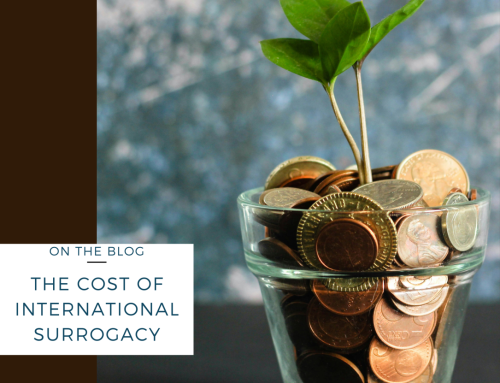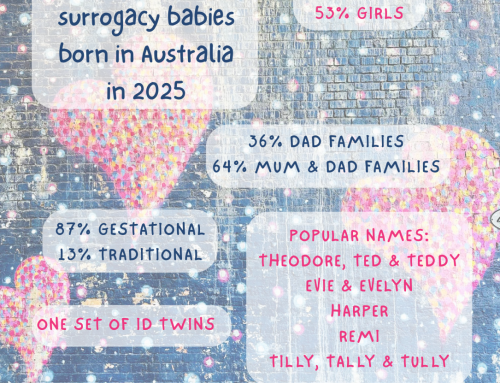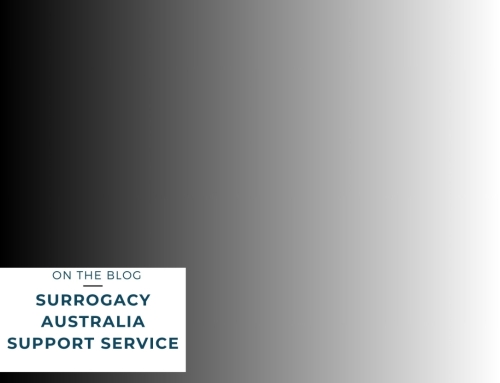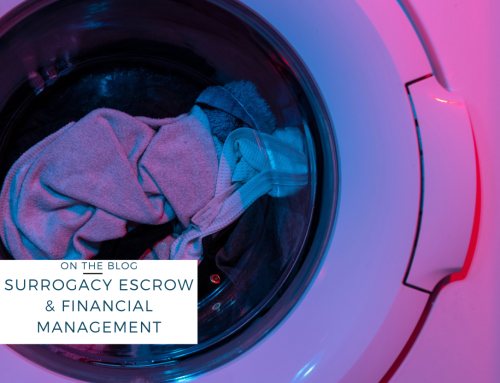Wondering about surrogacy Australia? Thinking about pursuing surrogacy in Australia to grow your family? Thinking about being a surrogate to help someone grow theirs? Here’s some answers to questions you might have.
If you are new to surrogacy Australia, you can read about how to find a surrogate, or how to become a surrogate yourself. You can also download the free Surrogacy Handbook which explains the processes and options.
You can also purchase my book, More Than Just a Baby: A Guide to Surrogacy for Intended Parents and Surrogates, the only guide to surrogacy Australia.
- Is surrogacy Australia legal?
Surrogacy in Australia is most certainly legal. Altruistic (unpaid) surrogacy is legal in all states of Australia, however there are no surrogacy laws in the Northern Territory. Commercial surrogacy is illegal across Australia; that’s where the surrogate is paid a fee in exchange for being a surrogate. Whilst surrogates are not paid in Australia, they must have their pregnancy and birth expenses covered, and this depends on the State laws. You can read more about surrogacy laws here.
. - How does surrogacy in Australia work?
Surrogacy is altruistic in Australia. Each State has its own set of laws regulating surrogacy arrangements. For more information about how surrogacy works, have a look at: - Can a surrogate use her own eggs?
Yes, she can. There are two types of surrogacy Australia – Gestational surrogacy, where the surrogate is not using her own eggs, and Traditional surrogacy, which is where the surrogate is pregnant with her own egg. Both types of surrogacy are legal in most parts of Australia, however there are restrictions on whether a Clinic can be involved. Traditional surrogacy is legal in Victoria, but Clinics are prohibited from assisting in these arrangements. This means that most traditional surrogacy occurs via home insemination. Gestational surrogacy is more common, since the availability of IVF, and access to egg donors. Many surrogates are not comfortable using their own eggs.
. - Can a surrogate decide to keep the baby?
When a baby is born, the birthing woman is considered to be the legal parent, and her name is listed on the baby’s Birth Certificate. The intended parents can take care of the baby and care for it, but the surrogate has to relinquish the child to them. The intended parents must apply for a Parentage Order, to transfer parentage from the surrogate and her partner, to themselves. The surrogate and her partner must consent to the making of the Order. Often, the intended parents are concerned that the surrogate might keep the baby; on the flipside, surrogates are often concerned that the intended parents might not take the baby! Surrogacy agreements are not enforceable – if there was an argument about the care of the child, the family law courts would need to determine what is in the child’s best interests. Remember – if a surrogate wanted a baby, she could probably conceive one without having to go through the arduous surrogacy process. This blog post explores this issue further.
. - How can I find a surrogate in Australia?
Whilst surrogacy is legal in most parts of Australia, it is difficult to advertise for a surrogate, and several States prohibit advertising. Intended parents might consider whether a female friend or relative might carry for them – approximately half of surrogacy arrangements are ‘pre-existing’ relationships. The other half are forged through online forums and connections. Find out how to search for a surrogate in Australia. If you are considering overseas surrogacy, there are a few options and you should contact the clinics and agencies direct. Be wary of brokers who may promise to facilitate a surrogacy arrangement but are often an expensive hazard.
If you are thinking about joining Surrogacy Australia’s Support Service, you should read this first.
. - Do we need a surrogacy lawyer?
The parties to a surrogacy arrangement – the intended parents and the surrogate and her partner – need a lawyer each, to provide independent legal advice before entering the arrangement. You should seek a specialised surrogacy lawyer who understands the laws in your State. Sarah can assist with surrogacy arrangements in New South Wales, Queensland, ACT, Tasmania, Victoria and Western Australia. If you are in Sydney, Brisbane, Melbourne, Hobart, Canberra or Perth, or in any regional areas, get in touch. If you are pursuing overseas surrogacy, you should seek legal advice in Australia, but beware of brokers who offer to assist. Surrogacy lawyers in your destination country can also provide advice about their processes.
. - I’d like to be a surrogate. How do I know if I’m eligible?
The criteria differs from State to State, but generally speaking a woman who has finished her family and has had relatively uncomplicated pregnancies might be eligible to be a surrogate. Some States require a surrogate to be at least 25 years of age; some States require that the surrogate has had her own child. Don’t forget to download the Surrogacy Handbook to find out more about the different laws and how the apply to you.
.
Sarah provides free initial consults for any woman considering becoming a surrogate in Australia,
. - How much does surrogacy cost?
Surrogacy in Australia, whilst altruistic, often costs between $40,000 and $80,000. The major expense is the IVF treatment and Clinic fees. You also need to ensure that the surrogate’s out-of-pocket expenses are covered, including her lost income. Other expenses include legal fees, counselling fees and medical bills. You can read more about surrogacy expenses here.
Do you have other burning questions about surrogacy? Book a consult with Sarah and she can take you through your options.

Hi! I’m Sarah Jefford (she/her). I’m a family creation lawyer, practising in surrogacy and donor conception arrangements. I’m an IVF mum, an egg donor and a traditional surrogate, and I delivered a baby for two dads in 2018.
I advocate for positive, best practice surrogacy arrangements within Australia, and provide support and education to help intended parents make informed decisions when pursuing overseas surrogacy.







